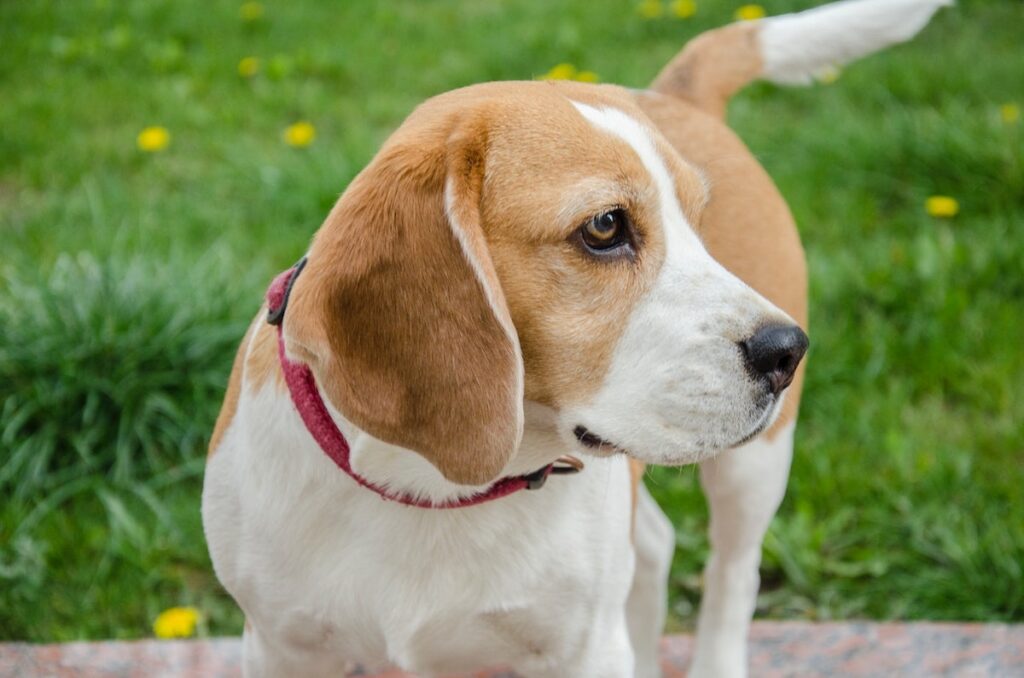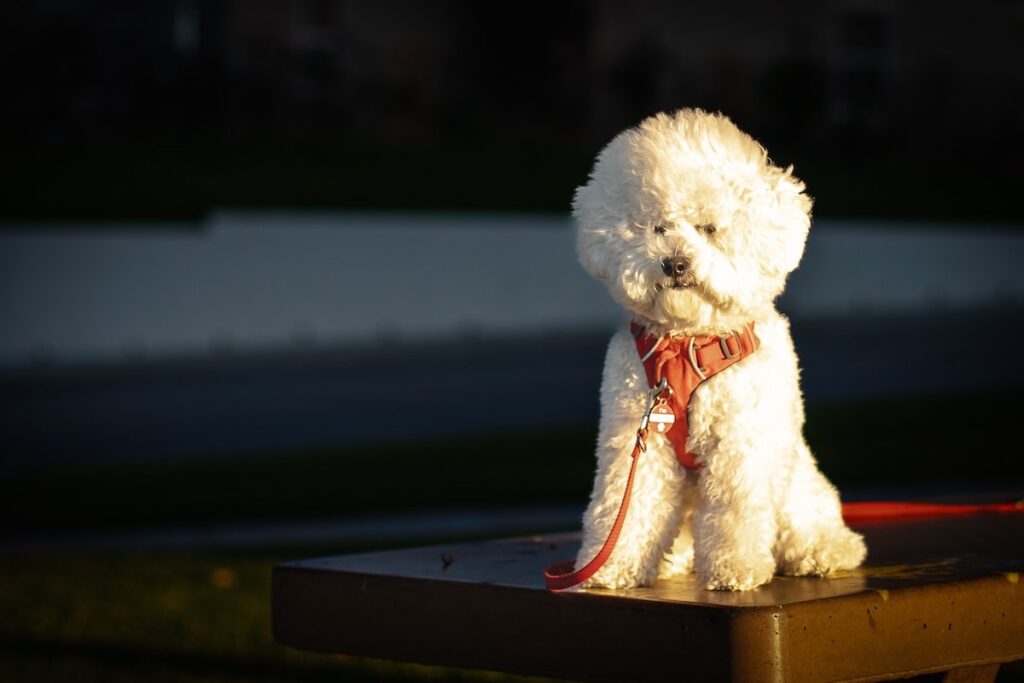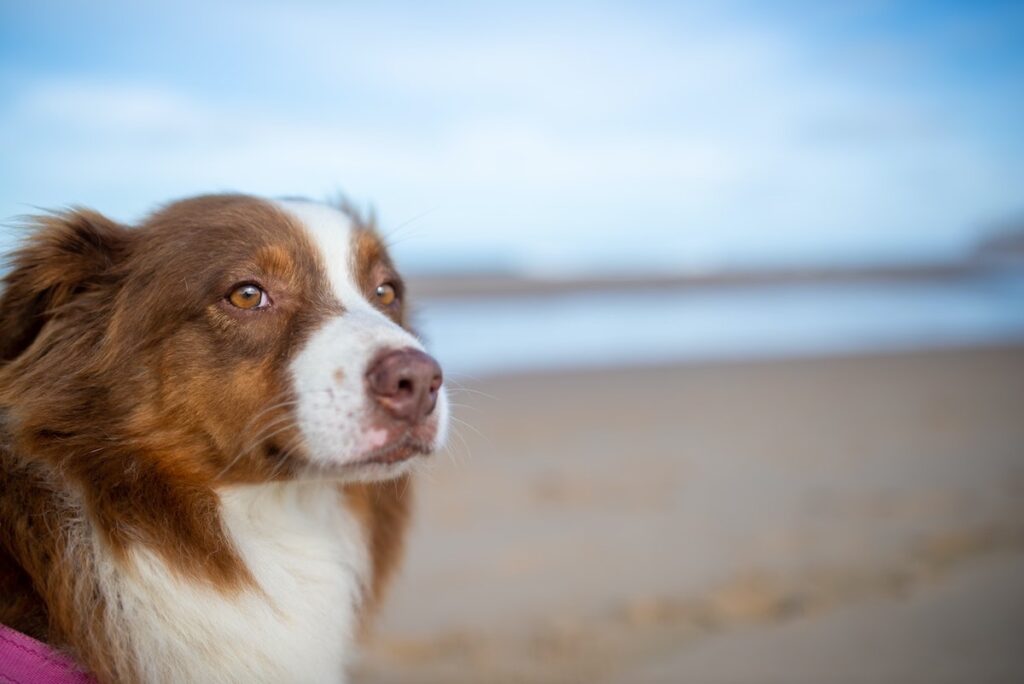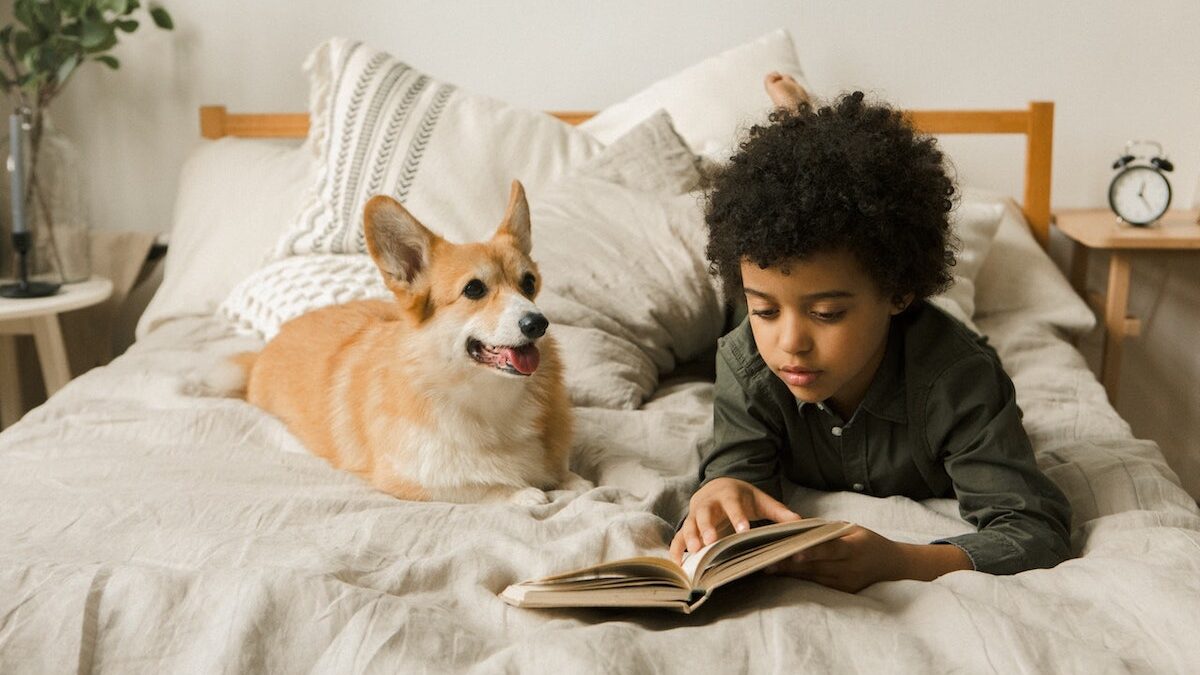We present to you six of the best family dogs if you’re thinking of putting an end to the kids’ pleas of “Can we get a dog?”
Dogs are known worldwide as man’s best friend. They are great companions, loyal, kind, protective and can even help keep you physically fit. With the hundreds of dog breeds available, it can be quite challenging to decide which one is going to be a good fit for your family.
If your kids are begging for a dog right now and you need some help in the right direction, then keep reading. Each of your kids probably has their own ideas on what dog is the best and why, and perhaps they can’t agree on anything. But, you’ve got to think big picture here.
If you’re reading this article, you probably don’t need further convincing why pets are great. But in case you do, psychologist Collett Smart provides seven health benefits of owning a pet 🐶
6 things to think about
Before you even start to consider a dog breed, there are six very important things to take note of that a lot of people forget.
1. Personality
First things first, the best family dogs should be good all-rounders that are going to suit everyone in the family. The dog should also be gentle and placid, and not have super crazy energy levels (we’ve all seen those dogs).
2. Size
The size of the dog is tremendously important as this will change a lot of things: Who in the family can safely walk the dog?, How much food will it need?, Where will it sleep?, Will it need a huge backyard?, and more.
3. Space
What is your space like? Is it a small inner-city apartment? Do you have a backyard? Will the dog live outside or inside? Where will the dog go to the toilet and have its own space when it needs a break? This is a very important point to consider as it will affect the dog’s overall wellbeing in the long term.
4. Time
Think about how much time the dog needs to be around people. Are they going to be distressed and lonely if they don’t get any time with you during the day? A dog’s personality is important to think about as they are all different and will need different things from you. How much time do you realistically have to spend with the dog, exercise the dog, feed the dog and clean up after it?
5. Energy
This point can be a heartbreaker for many dog parents, and is the cause for a lot of pet rehoming and adoptions. It is vitally important that you take into consideration the energy levels of the dog you are wanting to buy. What are their activity levels like? Will they need a walk morning and night, a ball game or a long run each day? Are you able to take the dog for walks and are you strong enough to hold the dog should it try to gallop after another dog? Some dog breeds are going to want to run around all day (think cattle, hunting or mountaineering dogs) and can drive you crazy with their obsessions. To save yourself and the dog a lot of emotional stress, carefully and intentionally think about the future of your family and the dog.
6. Cost
Last but not least is the money aspect. There’s the first initial cost of buying the cute and adorable puppy, which can be from $50 all the way up to $50,000. Then there’s the ongoing costs to think about. How much food is recommended for the breed? Dog food is expensive and the cheap stuff is practically junk food for dogs, which is not going to benefit the overall long-term health of your dog. What about puppy school, vet bills, worming, flea and tick medication, and other things like bedding, toys, grooming and pet insurance?
6 best dog breeds for families
If you skip everything else in this article and read only up to here, you’re still far ahead of the game compared to a lot of other people. After you’ve considered all of the above points, you are well on the right track to buying a dog that’s going to be the best match for your family.
Now let’s talk about the breeds that serve as the best family dogs.
1. Labrador Retriever

Out of all the popular dogs that are recommended for families, this one is at the top of the list. Labrador Retrievers are an excellent all-rounder suitable for young families with small children, but active enough to be fun for the older kids as well. This breed is patient and playful, with a friendly personality, and not too energetic.
For first-time owners, this is a perfect choice, as they are generally easy to maintain, with a short coat and they enjoy a homely family dynamic. One thing to look out for is food. Labradors love to eat everything and don’t know when to stop. They can easily get obese, which is highly detrimental to their health and longevity. Don’t let those puppy eyes fool you—be firm and have clear boundaries with feeding and all will be well.
2. Golden Retriever

These dogs make great family pets, are excellent for young children and are a flexible family member. Golden Retrievers do suit families with active lifestyles as they love to swim, walk and play outdoors. This popular breed is a large dog, but is very gentle and kind. However, the downside is they shed a lot of hair.
3. Beagle

The smart and loyal beagle is another great choice for families. They are easy to train, gentle and not overly rambunctious. Being a smaller dog, they also don’t need tons of space. However, don’t let their size fool you, as they love a good long run in the outdoors, being originally bred for hunting in England. They are very social and love being around other dogs which is great if you have another dog already or live near a dog park.
4. Cavalier King Charles Spaniel

This breed is a great addition to any family home, enjoying other dogs or cats, and is relaxed enough to sit on the couch all day, but active enough to love good outdoor exercise. Being of a small size, they do not need a huge amount of space and therefore could suit an apartment owner or house without a backyard. The downside is Cavalier King Charles Spaniels can snore a lot as they get older, due to their being a brachiocephalic breed. They are also more likely to have respiratory system conditions.
5. Bichon Frise

This adorable ball of fluff makes for a great house pet, being a semi-hypoallergenic dog, and is playful and gentle. Owing to its compact size, the Bichon Frise doesn’t require a large backyard and makes for a good inside dog. It does require a lot of loving interaction from its owners and doesn’t like to be left for long periods of time. As such, it may suit part-time working families or stay-at-home parents. If you have a small space and are often at home, this could be the dog for your family.
6. Australian Shepherd

Last but not least, the beloved Aussie. With its extremely intelligent mind and fast agile body, this dog is a great fit for active families. Easy to teach, witty and funny, it will bring you loads of laughs. This breed will require a lot of outdoor exercise but is an incredibly loyal, gentle and protective dog breed that can entertain itself when required. The long hair does require regular grooming and it can get tangled into dreadlocks if not well maintained.
Long live the dog
Remember that the dog you choose will be with your family for a long time, sometimes up to 15 years. It is important that your family has the ability to give the new dog a great quality of life, and that you are all able to enjoy the lifetime together. Whether you’re choosing a gentle giant, a tiny lap dog or something in between, long live the dog.
Read: A parent’s guide to keeping children safe around dogs

How helpful was this article?
Click on a star to rate it!
5 / 5. 2
Be the first to rate this post!
Adriana Wales
Related posts
Subscribe
Receive personalised articles from experts and wellness inspiration weekly!

